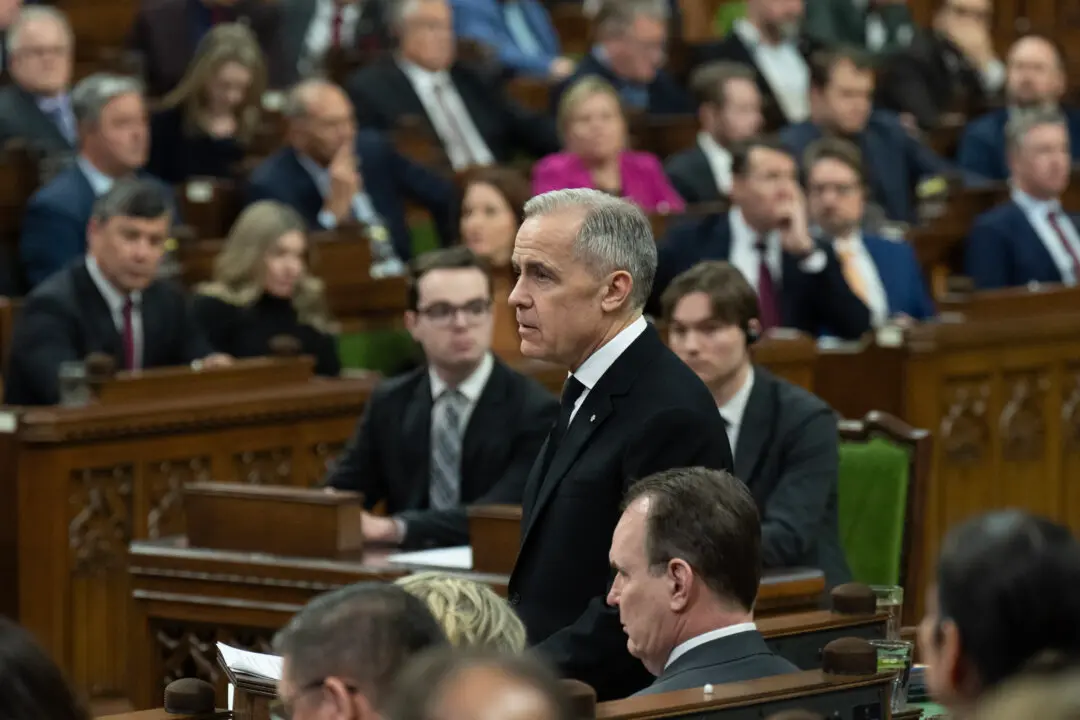Saskatchewan has unveiled its long-anticipated legislation aimed at reducing personal income tax for residents.
Known as the Saskatchewan Affordability Act, the legislation put forward by Premier Scott Moe’s Saskatchewan Party government will raise personal income tax exemptions while indexing tax brackets to match inflation.





